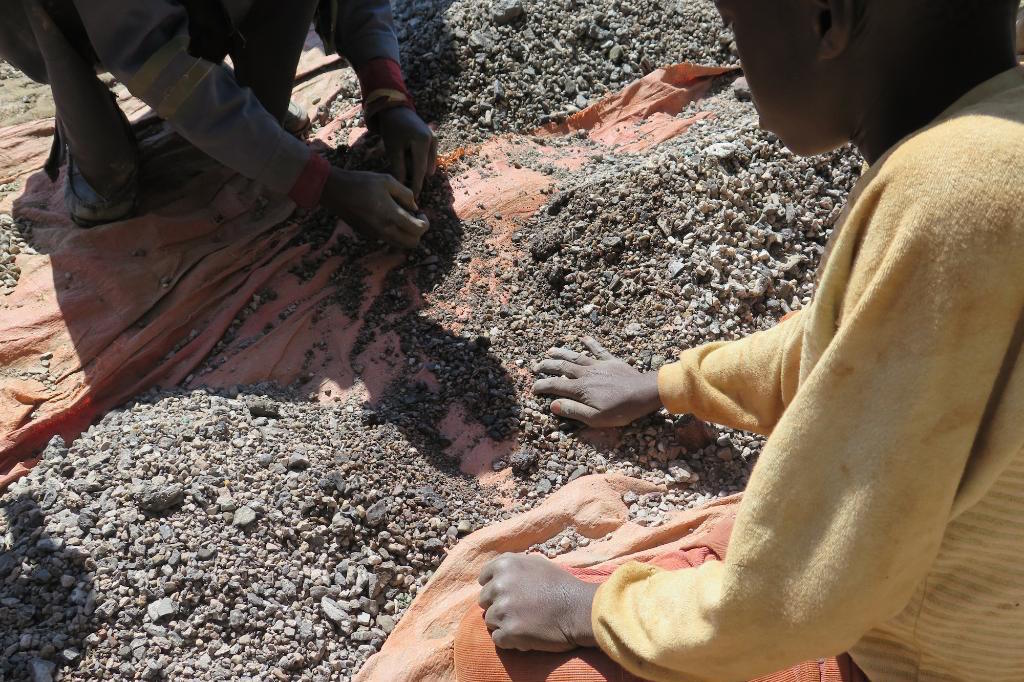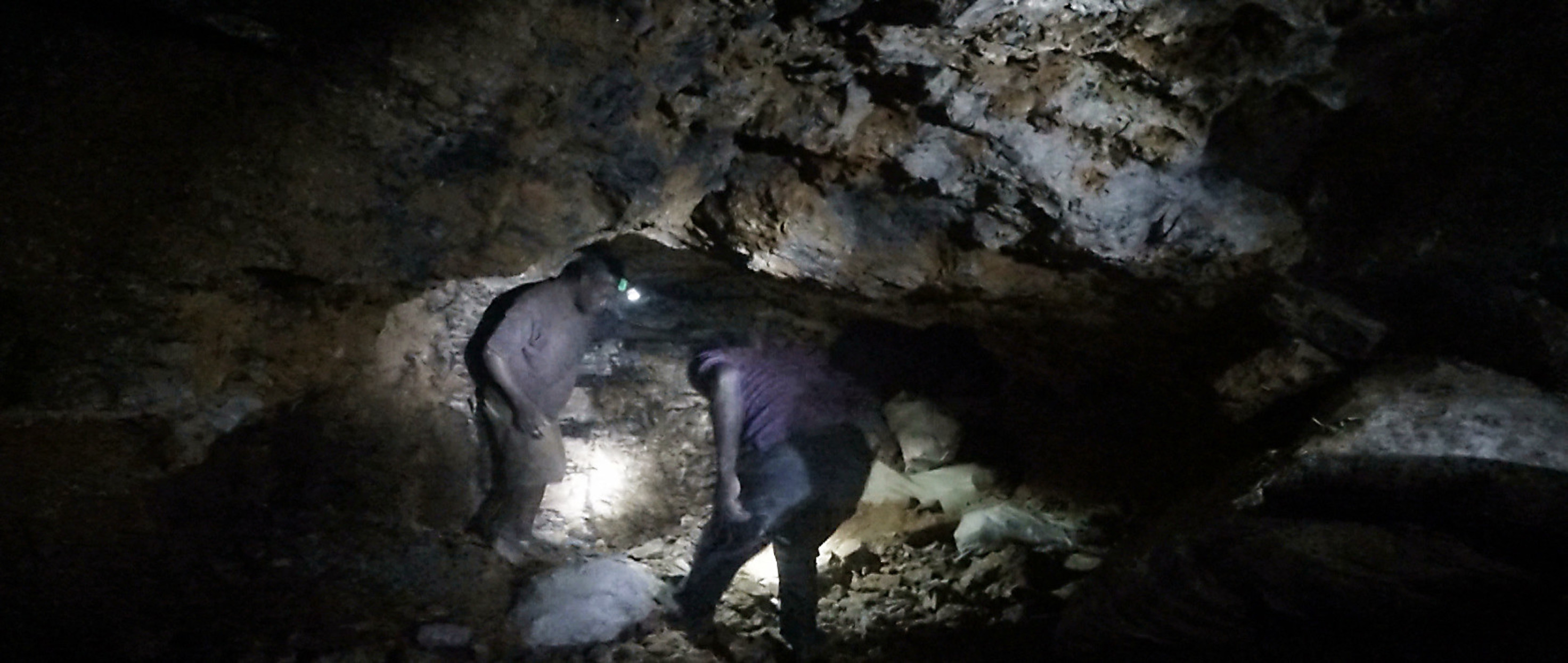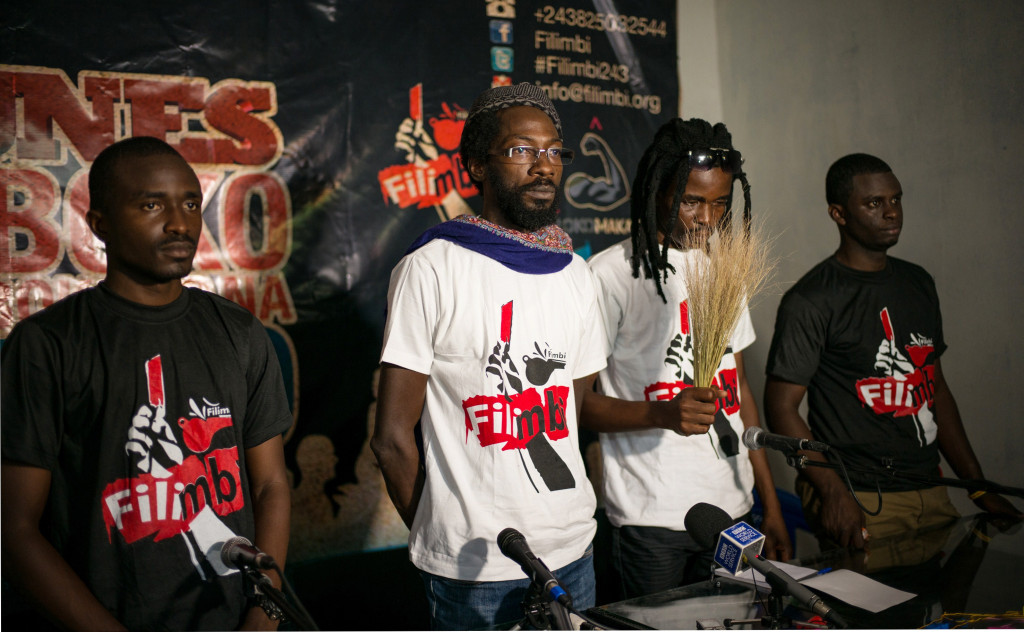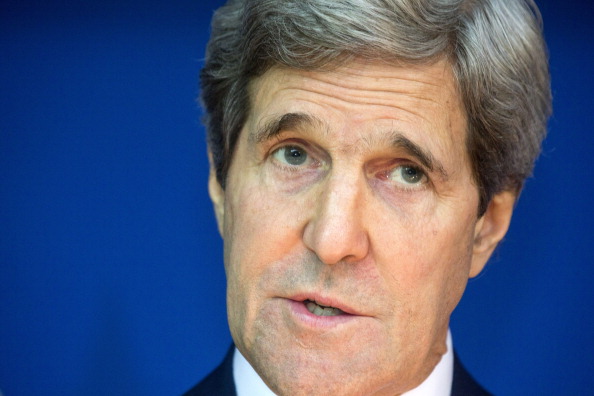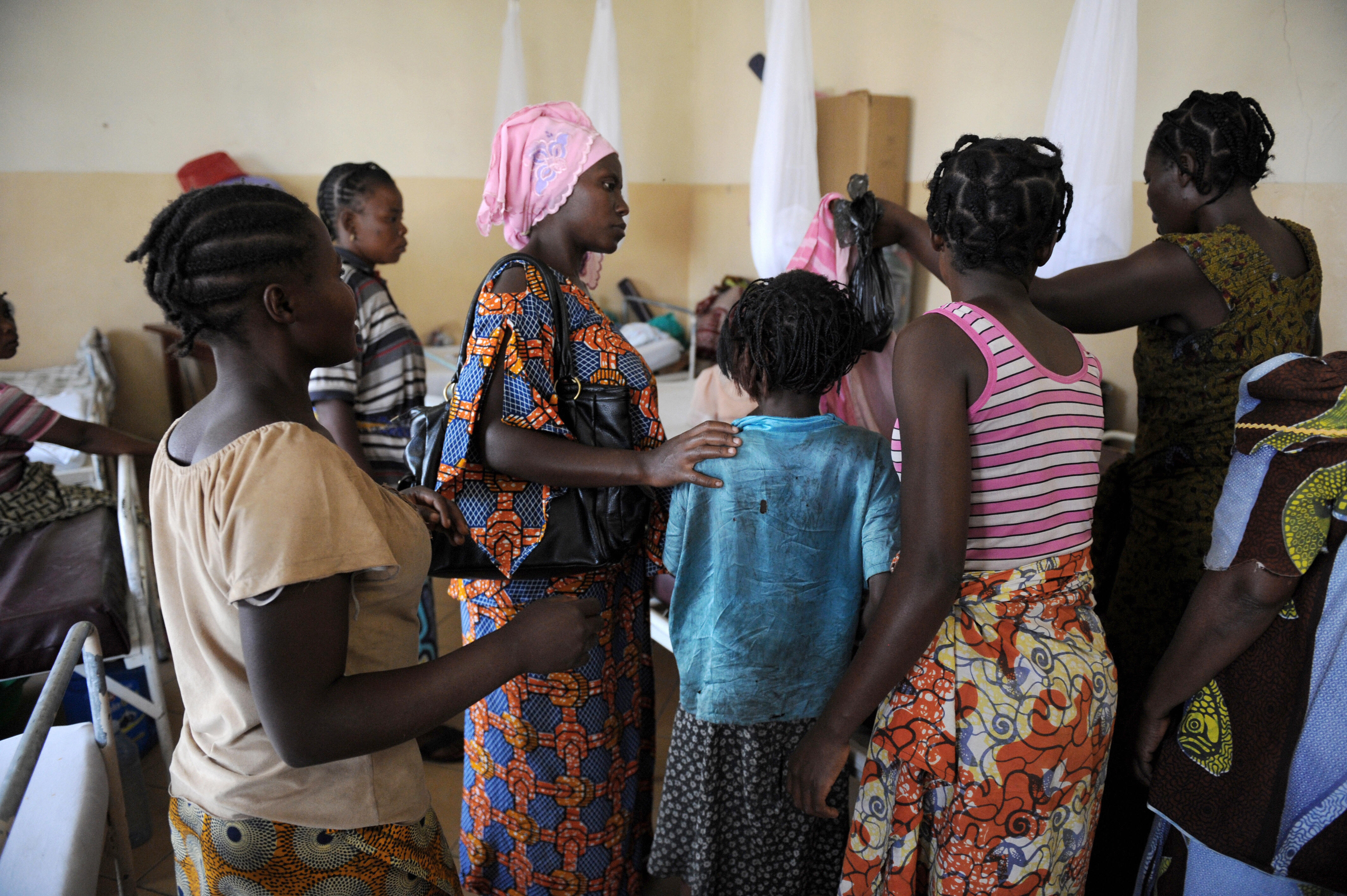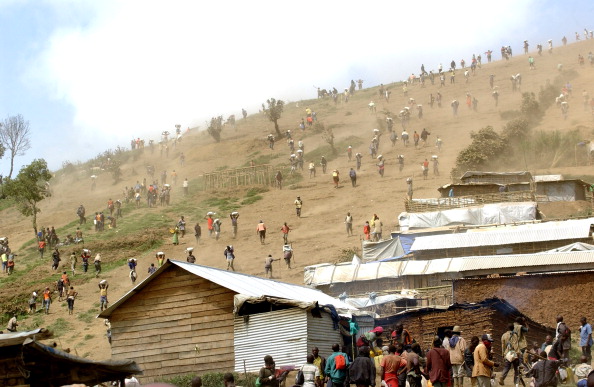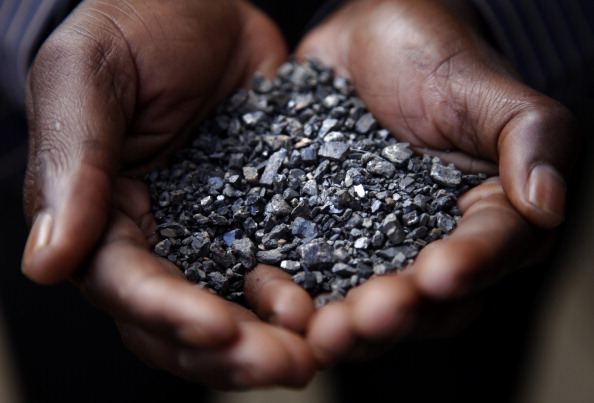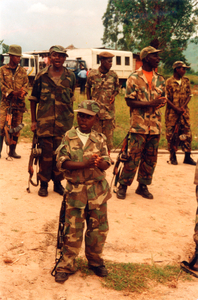By Tarah Demant, Co-Chair of Amnesty International USA Women’s Rights Co-Group
A life free from violence is a fundamental human right, yet daily, women and girls are targeted specifically because of their sex or gender, and violence in communities often affects women disproportionately. Violence against women is a global epidemic; no country or community is immune.
Violence against women is used as a tool of discrimination, control, and intimidation, and it restricts women’s choices and increases their vulnerability to further injustices. 1 in 3 women will be raped, beaten, or abused in her lifetime, yet violence against women affects us all. Consider the following cases:
- In Sudan, women can be can be stopped by the police, arrested, jailed, and even sentenced to public flogging for nothing more than wearing pants or leaving her hair uncovered.
- In Egypt, women protesters have faced harassment and assault while Egypt’s political leaders have remained silence about the rampant sexual violence and discrimination.
- In Syria, more than 2 million people have fled the armed crisis, and now tens of thousands of women and girl refugees in Jordan risk further violence simply because they have no safe access to a toilet.
- In the Democratic Republic of Congo, often ranked the worst place in the world to be a woman, women human rights defenders provide grassroots assistance to civilians, yet they themselves face intimidation, attack, rape, and sexual violence for their efforts.
- In Bangladesh, women human rights defenders work for the rights of indigenous people throughout the country, yet 17 years after the disappearance of a high-profile Pahari activist, her family and community still waits for justice.
- In Honduras, women human rights defenders are threatened with sexual violence for championing human rights throughout the country.
- In Mexico, Miriam López Vargas and hundreds of other women wait for justice after torture and rape by Mexican soldiers.
What these cases have in common is a global culture of discrimination and violence against women as well as impunity for those who commit gender-based violence. And this year’s theme: From Peace in the Home to Peace in the World: Let’s Challenge Militarism and End Violence Against Women highlights the relationship between heightened militarism and communal and interpersonal violence.
Despite a culture of violence and discrimination women around the world are raising their voices against violence and discrimination, demanding their basic human rights, and standing against intimidation and fear. Today, what unites women internationally is their vulnerability to the denial and violation of their fundamental human rights, and their dedicated efforts to claim those rights.
You can join them this 16 Days of Activism Against Gender Violence as we join activists worldwide from Nov. 25 – Dec. 10 to help end violence against women. This year, we’re highlighting the seven cases above – in each instance, you can learn more, take action, and stand with women demanding their rights!
Imagine a world without violence against women. Join us this 16 Days to make that vision a reality.
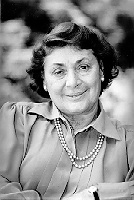 “Silence in the face of injustice is complicity with the oppressor.” — Ginetta Sagan
“Silence in the face of injustice is complicity with the oppressor.” — Ginetta Sagan 